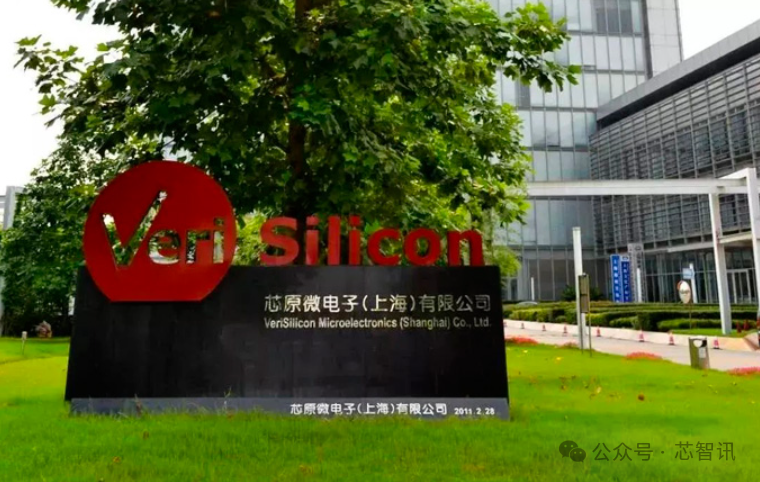
On June 9, 2025, Chip Origin announced that its ultra-low power and high-performance Neural Network Processor (NPU) IP now supports large language model (LLM) inference on mobile devices, with AI computing power scalable to over 40 TOPS. This high-efficiency NPU architecture is designed to meet the growing demand for generative AI on mobile platforms, providing robust computing support for devices such as AI PCs while addressing the stringent low-power requirements of mobile terminals like smartphones.
Chip Origin’s ultra-low power NPU IP features a highly configurable and scalable architecture, supporting mixed-precision computing, sparsity optimization, and parallel processing. Its design integrates efficient memory management and sparsity-aware acceleration technology, significantly reducing computational load and latency, ensuring smooth AI processing and rapid response. This NPU supports hundreds of AI algorithms, such as AI Noise Reduction (AI-NR) and AI Super Resolution (AI-SR), and is compatible with mainstream AI models like Stable Diffusion and LLaMA-7B. Additionally, this NPU IP can seamlessly integrate with other processor IPs from Chip Origin, enabling heterogeneous computing and assisting SoC designers in creating AI solutions that meet diverse application needs.
Furthermore, Chip Origin’s ultra-low power NPU IP supports mainstream AI frameworks such as TensorFlow Lite, ONNX, and PyTorch, accelerating customers’ deployment processes across various AI application scenarios and simplifying integration efforts.
“Mobile devices like smartphones are gradually evolving into personal AI servers. With the rapid development of generative AI (AIGC) and multimodal large language model technologies, the market demand for AI computing power is growing exponentially and has become a key differentiator for mobile products,” said Dai Weijin, Chief Strategy Officer, Executive Vice President, and General Manager of the IP Division at Chip Origin. “In supporting high-intensity AI computing loads, energy consumption control is one of the most critical challenges. Chip Origin continues to focus on the research and development of ultra-low power NPUs for smart phones and AI PCs, and through close collaboration with mainstream SoC partners, we have witnessed the mass production of this technology in the next generation of smart phones and AI PCs.”
Editor: Lin Zi, Chip Intelligence News
Previous Exciting ArticlesQualcomm’s $2.4 Billion Acquisition of SerDes Giant AlphawaveSynopsys Executive Analyzes the Impact of EDA Ban on ChinaIntel’s Chen Liwu’s New Initiative: Eliminate New Products with Gross Margins Below 50%!Guokai Micro Acquires SMIC Ningbo: A Surprise or a Test?US Ban Backfires! NVIDIA’s Chief Scientist: AI Talent is Writing Programs for Huawei!China’s Control of Rare Earth Exports Poses Crisis for Overseas Automotive IndustryGigaDevice’s International Headquarters Established in SingaporeTSMC’s Wei Zhejia: AI Needs More Capacity, Overseas Factories Not Afraid of Technology Leakage!Abandon Cortex! Arm Launches 5 New Brands and Plans to Compete with Customers by Developing Its Own Chips!Wolfspeed Plans to File for Bankruptcy, Renesas Dissolves Silicon Carbide Team!Synopsys CEO Sends Internal Letter: New US Regulations Will Affect All Customers in China!Zhongwei Company’s Yin Zhiyao: Will Continue to Focus on High-End, Filling Weak Links, Not Afraid of Competitors!Has the US Requested to Cut Off EDA Supply to China? Synopsys and Cadence Stocks PlummetTest Results Released: Qualcomm’s 5G Modem Performance Outperforms Apple’s C1
For industry communication and cooperation, please add WeChat: icsmart01Chip Intelligence Official Group: 221807116